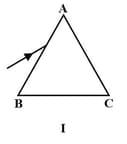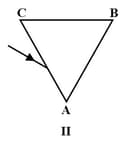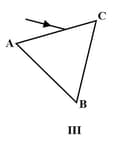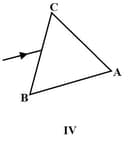Anil Ahlawat Solutions for Chapter: Human Eye and Colourful World, Exercise 1: EXERCISES
Anil Ahlawat Science Solutions for Exercise - Anil Ahlawat Solutions for Chapter: Human Eye and Colourful World, Exercise 1: EXERCISES
Attempt the free practice questions on Chapter 10: Human Eye and Colourful World, Exercise 1: EXERCISES with hints and solutions to strengthen your understanding. NSO Science Olympiad Workbook Grade 10 solutions are prepared by Experienced Embibe Experts.
Questions from Anil Ahlawat Solutions for Chapter: Human Eye and Colourful World, Exercise 1: EXERCISES with Hints & Solutions
Figures respectively correspond to:
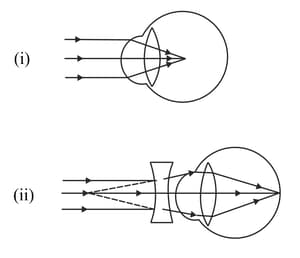
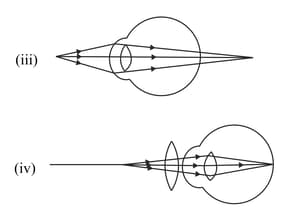
Read the given statements and mark the correct option.
Statement A normal human eye can clearly see all the objects below and above .
Statement The human eye has the capacity to suitably adjust the focal length of its lens to a certain extent.
A passenger in an aeroplane:
In a room, artificial rain is produced at one end and a strong source of white light is switched on at the other end. To observe the rainbow an observer must:
Match the column with column and select the correct option from the codes given below.
| Column | Column | ||
| Choroid | Detects light stimulus | ||
| Retina | Absorbs light and prevent it from being reflected within the eyeball | ||
| Cornea | Controls the size of the pupil | ||
| Iris | Helps to focus light as it enters the eye | ||
A person needs a lens of power for correction of her vision. Read the given sentences and then select the correct option:
Focal length of the lens is .
Focal length of the lens is .
Nature of the lens is concave.
Nature of the lens is convex.
She is suffering from myopia.
The lens of the eye can become thicker and thinner. Why is this flexibility useful?
A prism (with as base) is placed in different orientations. A narrow beam of white light is incident on the prism as shown in figure. In which of the following cases, after dispersion, the third colour from the top corresponds to the colour of the sky?

